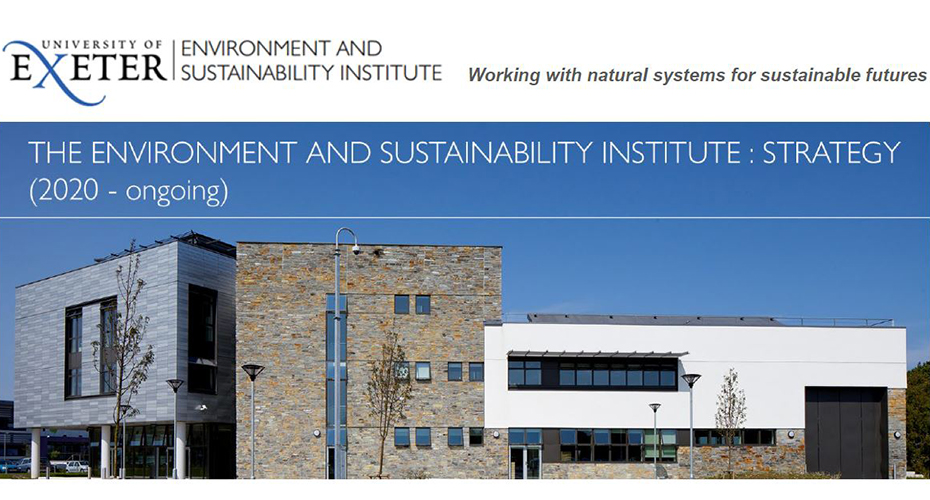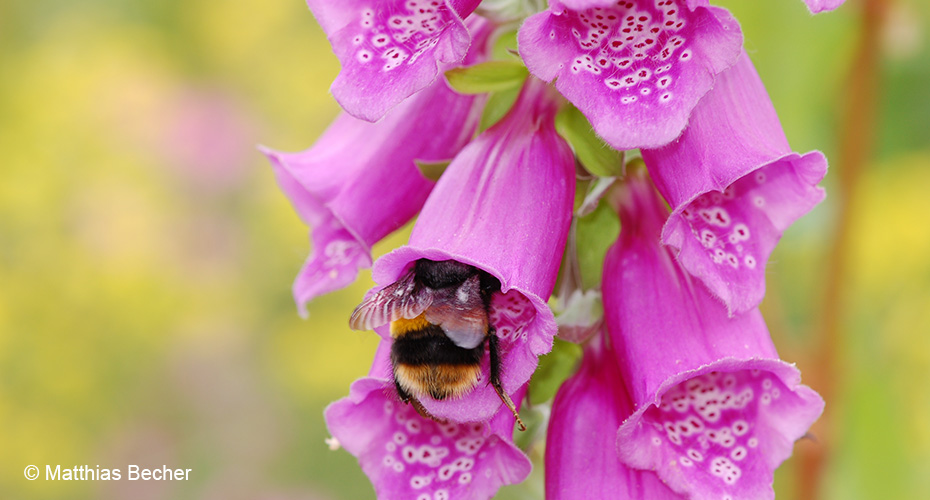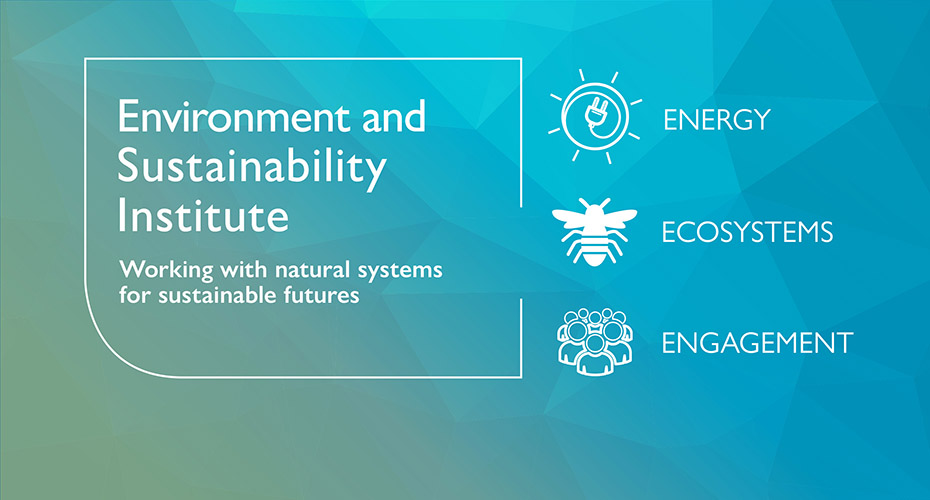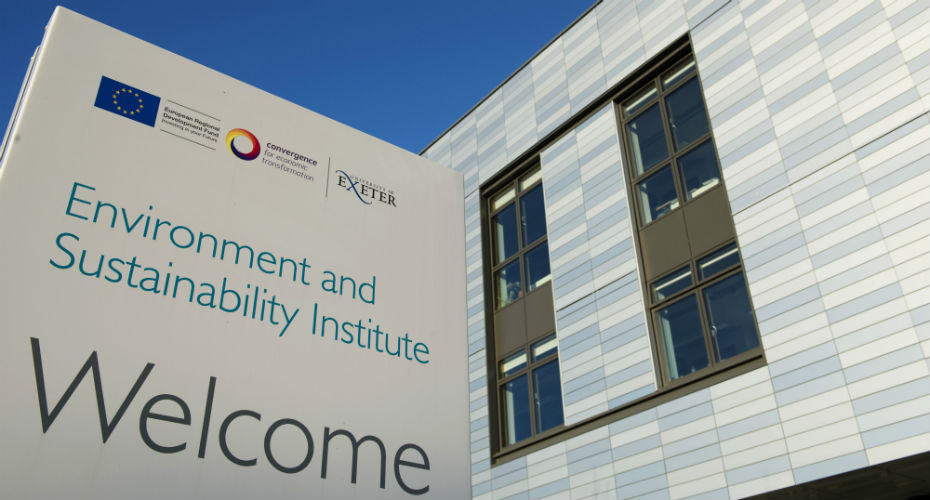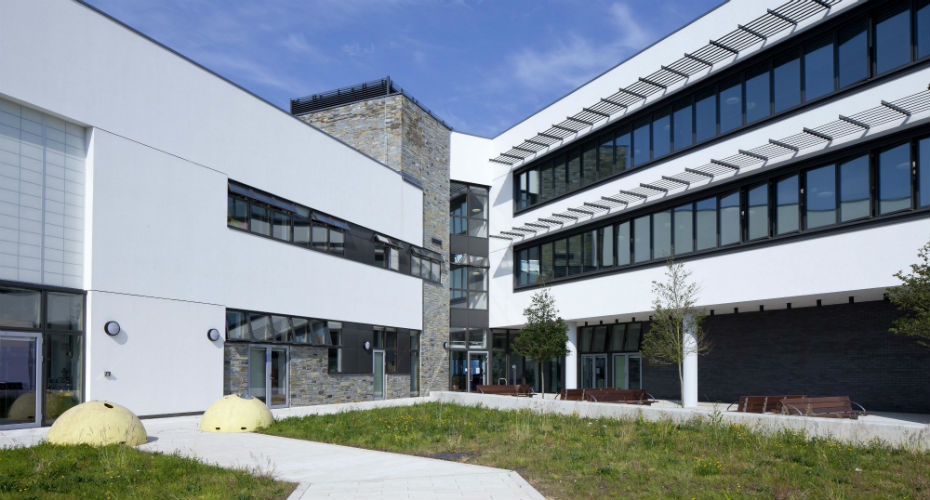Download our ESI Strategy as a PDF document

Watch some of our academics taking two minutes to explain their research
View our recent research and impact projects
What we do
What we do
The University of Exeter's Environment and Sustainability Institute (ESI) is an interdisciplinary centre leading cutting-edge research into solutions to problems of environmental change. Based on the University's Penryn Campus, in Cornwall, our world-class research and education is enhancing people's lives by improving their relationships with the environment.
You can also find out more about our work by viewing our latest Annual Review video or taking a look at our Strategy.
If you would like to know more about our events and activities, sign up here for the ESI newsletter that comes out every fortnight during term time.
Physically located on the University’s Penryn Campus, near Falmouth, the ESI is an inter-disciplinary research facility devoted to supporting natural systems for a more sustainable future. We are a community of up to 200 researchers and work in partnership with a range of organisations in Cornwall, the Isles of Scilly and beyond.
ESI’s research falls under three broad themes – Ecosystems, Energy and Engagement.
Ecosystems: Measuring, monitoring and modelling of biodiversity, ecological processes and the benefits that nature affords humans under different environmental change scenarios. This theme includes research into how pollution and disease dynamics in individual populations or communities of animals, plants or microbes can degrade healthy, functioning ecosystems to identify robust management strategies over the long-term.
Energy: It is essential that we use fewer resources more efficiently, with less damage to the environment and greater benefits to society to enable sustainable futures across the globe. This theme includes work that spans clean technologies, bioremediation, waste reduction and methods of life cycle analysis to reduce environmental impact or harm.
Engagement: Human activity largely triggers rapid environmental change. Humans are also responsible for the regulation, management and maintenance of various environments across the globe. This theme examines the conflicts and opportunities posed by environmental stewardship: exploring how humans interact with land, sea and natural capital, and whether those interactions can be improved for environmental and social sustainability.
Read more about some of our ongoing research and impact projects.
The ESI, which opened in 2013, was made possible by funding from the European Regional Development Fund Convergence Programme and the South West Regional Development Agency. So, whilst much of our research and activities are national or international in scope, we ensure that Cornwall and the Isles of Scilly are at the heart of our endeavours. We are proud to contribute to the environmental, educational and economic futures of Cornish communities.
The ESI is headed by Director and Professor of Geography at the Centre for Geography and Environmental Science (CGES) and the ESI Professor Jane Wills.
You can read more about our recent and upcoming research as well as our strategy and aims by viewing the latest Annual Review.
THE ESI is homed in a BREEAM* Outstanding rated building.
* BREEAM (BRE Environmental Assessment Method) is the leading and most widely used environmental assessment method for buildings. ‘Outstanding’ is the highest classification.

